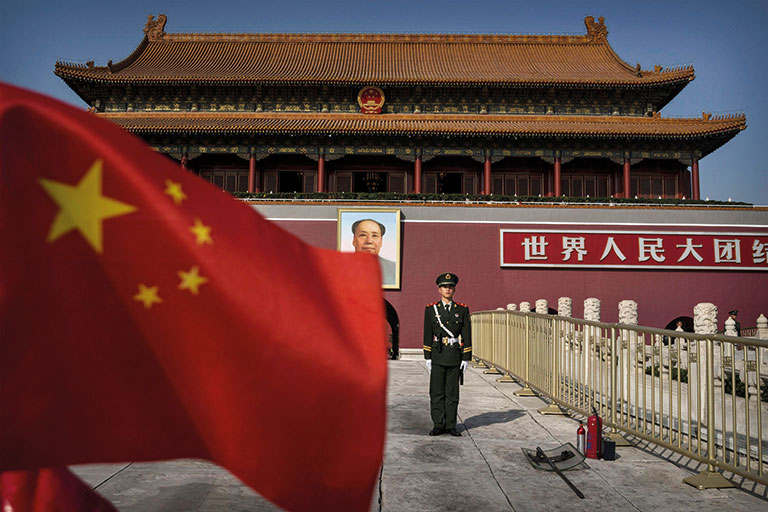
Tewoo Group, a commodities trader, this month became the first Chinese state-owned business to default on its offshore debt in two decades, says Narayanan Somasundaram in the Nikkei Asian Review. Investors had assumed that “China would backstop its corporate enterprises and prevent an offshore bond default”.
Yet there is so much debt sloshing around the system that at a time of falling tax revenues the government cannot afford to bail out everyone. China is also alert to the risk of “moral hazard”, says Xie Yu in The Wall Street Journal. A blanket bailout guarantee only encourages “risky bets made in the belief” that the state will foot the bill if things go wrong. With overall debt levels above 300% of GDP, Beijing can no longer extend “blithe assumptions of state support” to every SOE.
The new default trend is probably a good thing, says The Economist. “Defaults are part of any efficient bond market,” making investors sensitive to risk and ensuring that they steer funds towards the best firms. Yet the “chasm” between default rates in the private and state-owned parts of the economy raises the risk that it is not the most deserving, but the most well connected, that can secure easy funding.